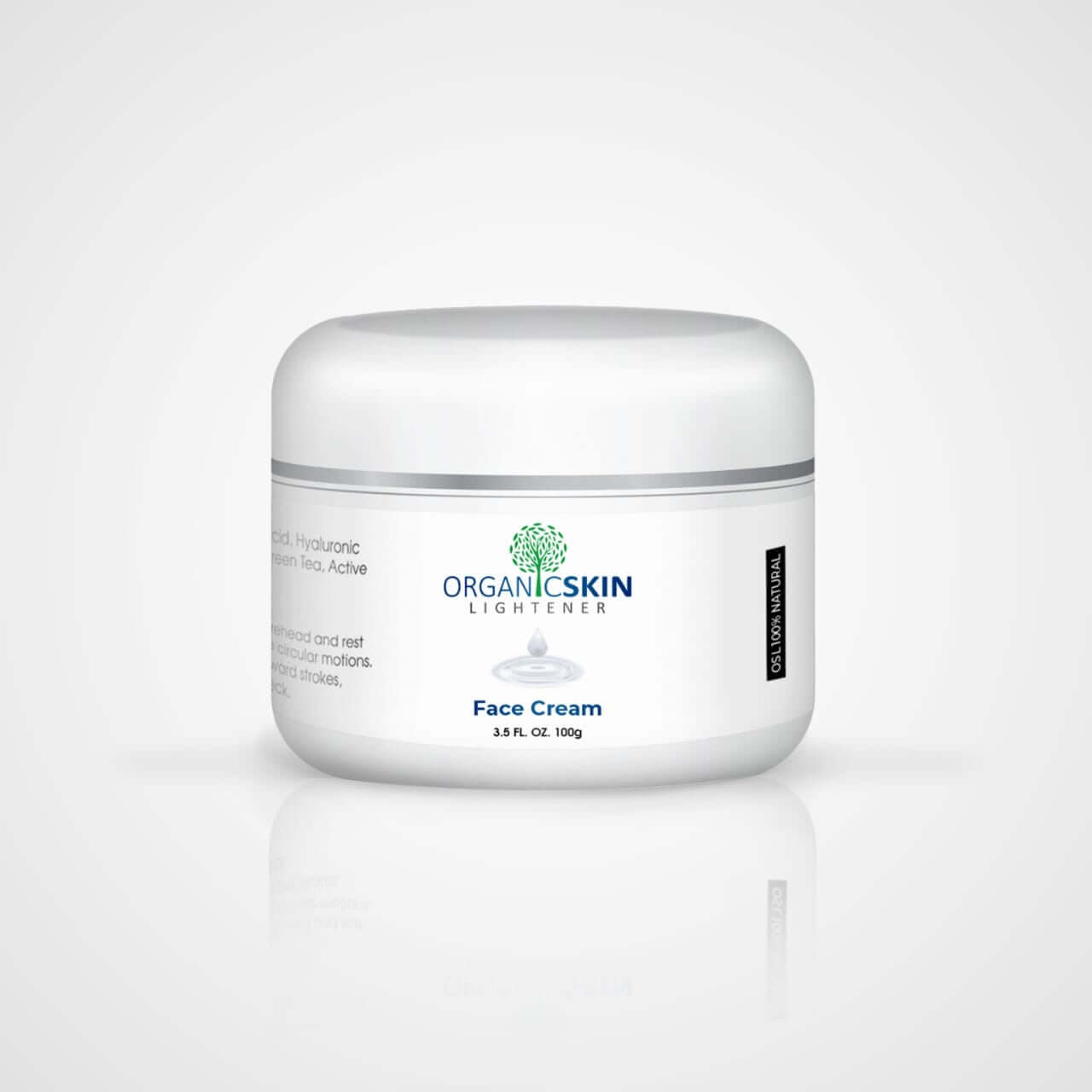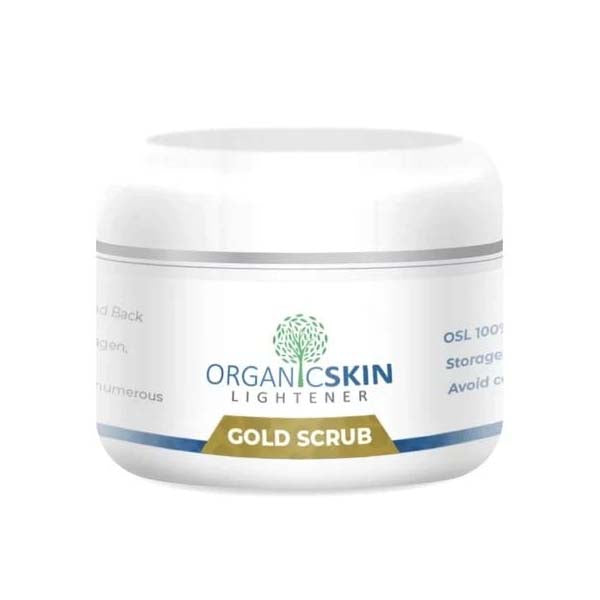Introduction to the Importance of Vitamin C Supplements
In the quest for glowing, radiant skin, many of us turn to various skincare products promising miraculous results. However, sometimes the key to achieving that coveted luminosity lies within our bodies, specifically in the form of essential nutrients like Vitamin C. In this comprehensive guide by Organic Skin Lightener, we'll explore the wonders of the Vitamin C supplement and its role in promoting healthy, radiant skin.

Understanding Vitamin C and Its Uses
Vitamin C, also known as ascorbic acid, is a water-soluble vitamin that plays a crucial role in numerous bodily functions.
It is a potent antioxidant that helps protect the skin from oxidative stress caused by free radicals, environmental pollutants, and UV radiation.
Vitamin C is essential for collagen synthesis, a process vital for maintaining skin elasticity and firmness.
Vitamin C Deficiency and Skin Health
A deficiency in Vitamin C can lead to various skin issues, including dryness, rough texture, and premature aging.
Individuals with inadequate dietary intake of Vitamin C or certain medical conditions may be at higher risk of deficiency.
Recognizing the signs of Vitamin C deficiency can prompt individuals to consider supplementation for improved skin health.

Benefits of Vitamin C Supplements for Skin
Boosting Immune Function: Vitamin C supports immune function, helping the body defend against infections and promoting faster wound healing.
Antioxidant Properties: By neutralizing free radicals, Vitamin C helps protect the skin from damage and reduces the risk of premature aging, wrinkles, and fine lines.
Collagen Production and Skin Health: Vitamin C is essential for collagen synthesis, contributing to skin elasticity, firmness, and overall youthfulness.
Brightening Complexion: Regular intake of Vitamin C supplements can help even out skin tone, reduce hyperpigmentation, and promote a brighter, more radiant complexion.
Types of Vitamin C Supplements
Ascorbic Acid: The most common form of Vitamin C supplement, available in various dosage forms such as tablets, capsules, and powders.
Buffered Vitamin C: Formulated to be less acidic, buffered Vitamin C may be gentler on the stomach, making it suitable for individuals with sensitive digestion.
Vitamin C with Bioflavonoids: Bioflavonoids enhance the absorption and efficacy of Vitamin C, providing additional antioxidant benefits.
Liposomal Vitamin C: Encapsulated in liposomes for enhanced bioavailability, liposomal Vitamin C ensures better absorption and utilization by the body.
Factors to Consider When Choosing a Vitamin C Supplement
Dosage: The recommended dosage of Vitamin C supplements may vary depending on individual needs, age, and health status.
Form: Consider the form of Vitamin C supplement that best suits your preferences and lifestyle, whether it's tablets, capsules, or powder.
Purity and Quality: Opt for high-quality supplements from reputable brands to ensure purity, potency, and safety.
Additional Ingredients: Some Vitamin C supplements may contain additional ingredients such as bioflavonoids, minerals, or herbal extracts for added benefits.
Recommended Dosage of Vitamin C
General Guidelines: The recommended daily allowance (RDA) for Vitamin C varies by age, with adults typically requiring 75-90 mg per day.
Factors Influencing Dosage: Factors such as age, gender, pregnancy, lactation, and certain medical conditions may influence Vitamin C requirements.
Risks of Overdosing: While Vitamin C is generally considered safe, excessive intake may lead to gastrointestinal discomfort or, in rare cases, kidney stones.

Potential Side Effects and Risks
Digestive Issues: High doses of Vitamin C supplements may cause digestive discomfort, including nausea, diarrhea, or stomach cramps.
Interaction with Medications: Vitamin C supplements may interact with certain medications, such as blood thinners or chemotherapy drugs, so consult with a healthcare professional before starting supplementation.
Iron Absorption: Vitamin C enhances iron absorption, which can be beneficial for individuals with iron deficiency but may be problematic for those with iron overload conditions.
Risk for Kidney Stones: Individuals with a history of kidney stones or kidney disease should exercise caution when taking Vitamin C supplements, especially in high doses.
Who Should Consider Taking Vitamin C Supplements?
Individuals with Poor Dietary Intake: Those with inadequate consumption of fruits and vegetables rich in Vitamin C may benefit from supplementation.
Smokers: Smokers have higher Vitamin C requirements due to increased oxidative stress, making supplementation particularly beneficial.
Pregnant Women: Vitamin C plays a crucial role in fetal development and maternal health, warranting attention to adequate intake during pregnancy and lactation.
Older Adults: Aging is associated with decreased collagen synthesis and increased oxidative damage, making Vitamin C supplementation advantageous for maintaining skin health and overall well-being.
Individuals with Certain Medical Conditions: Certain medical conditions such as autoimmune diseases, chronic infections, or skin disorders may increase Vitamin C requirements, necessitating supplementation under medical supervision.

Incorporating Vitamin C into Your Daily Routine
Timing of Consumption: Vitamin C supplements can be taken with or without food, depending on individual preferences and tolerance.
Tips for Maximizing Absorption: Consuming Vitamin C supplements with a source of fat or in divided doses throughout the day can enhance absorption and utilization.
Complementary Foods and Nutrients: Pairing Vitamin C-rich foods with supplements or incorporating them into meals can provide synergistic benefits and support overall health and well-being.
Consultation with Healthcare Professionals
Discussing Vitamin C Supplementation with Your Doctor: Before starting any new supplement regimen, it's essential to consult with a healthcare professional, especially if you have underlying health conditions or are taking medications.
Seeking Advice from a Registered Dietitian: A registered dietitian can offer personalized recommendations on dietary sources of Vitamin C and supplementation based on your individual needs, preferences, and health goals.
Conclusion
In conclusion, Vitamin C supplements offer a natural and effective way to support skin health, enhance immunity, and promote overall well-being. By understanding the benefits, types, dosage recommendations, and potential risks associated with Vitamin C supplementation, individuals can make informed decisions to unlock radiant skin from within. Remember to prioritize quality, consult with healthcare professionals, and incorporate the Vitamin C Supplement into your daily routine for glowing, healthy skin that radiates vitality and youthfulness.
Elevate your skincare routine with Organic Skin Lightener, where quality meets efficacy. Use our top-quality supplements for your skincare.










